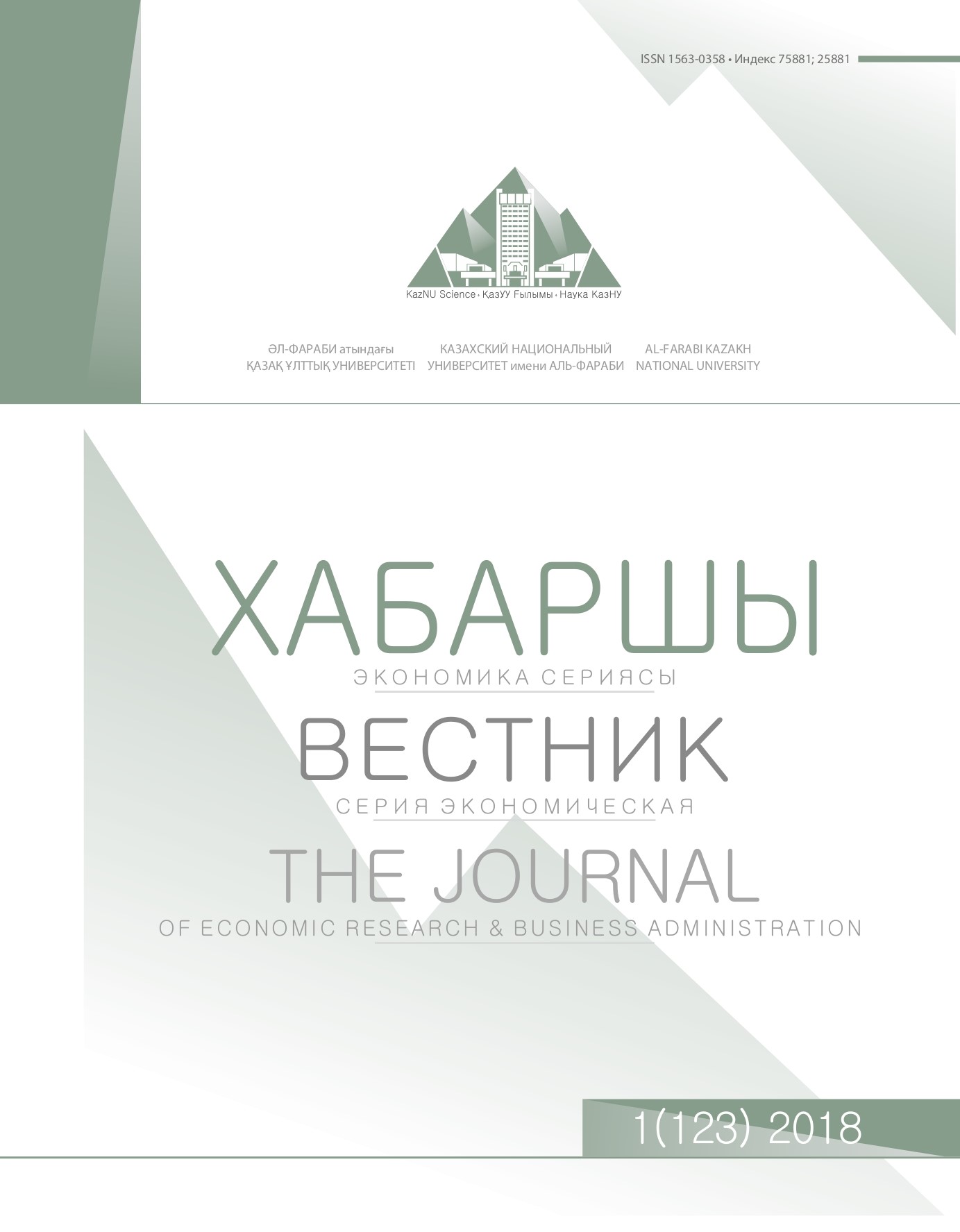Features of agricultural management in Kazakhstan
Abstract
At present, the agricultural sector is a system-forming base of the economy and ensures the country’s food security. However, serious shortcomings in the technological and material development of farmers and agricultural enterprises do not allow significant growth in production, as well as a positive formation of processing and storage of products. The aim of the study is to show the role of the AIC based on the establishment of agricultural cooperatives, as well as to determine the benefits of their activities to increase the output of food products in the manufacturing sector of Kazakhstan. The methodology of
work is based on the use of the index method, statistical, tabular, analytical and system approaches. The
application of this methodology allowed us to justify the expediency of using the policy of agricultural
cooperation based on the introduction of foreign experience. The scientific and practical significance of
the work is dictated by the analysis of the contribution of agriculture to the formation of GDP, the level
of labor productivity, investment and production capacity of the food sector. The value of the research is
concentrated on the study of practical activities of agricultural cooperatives, which, based on economies
of scale, pooling investment and financial resources of households and farms, can purchase new equipment
and produce high-quality food products that are in demand both inside and outside the country.
The conclusions of the work are aimed at revealing the problems and presenting recommendations for
improving the management of cooperative associations in the processing complex of the agro industrial
complex.













